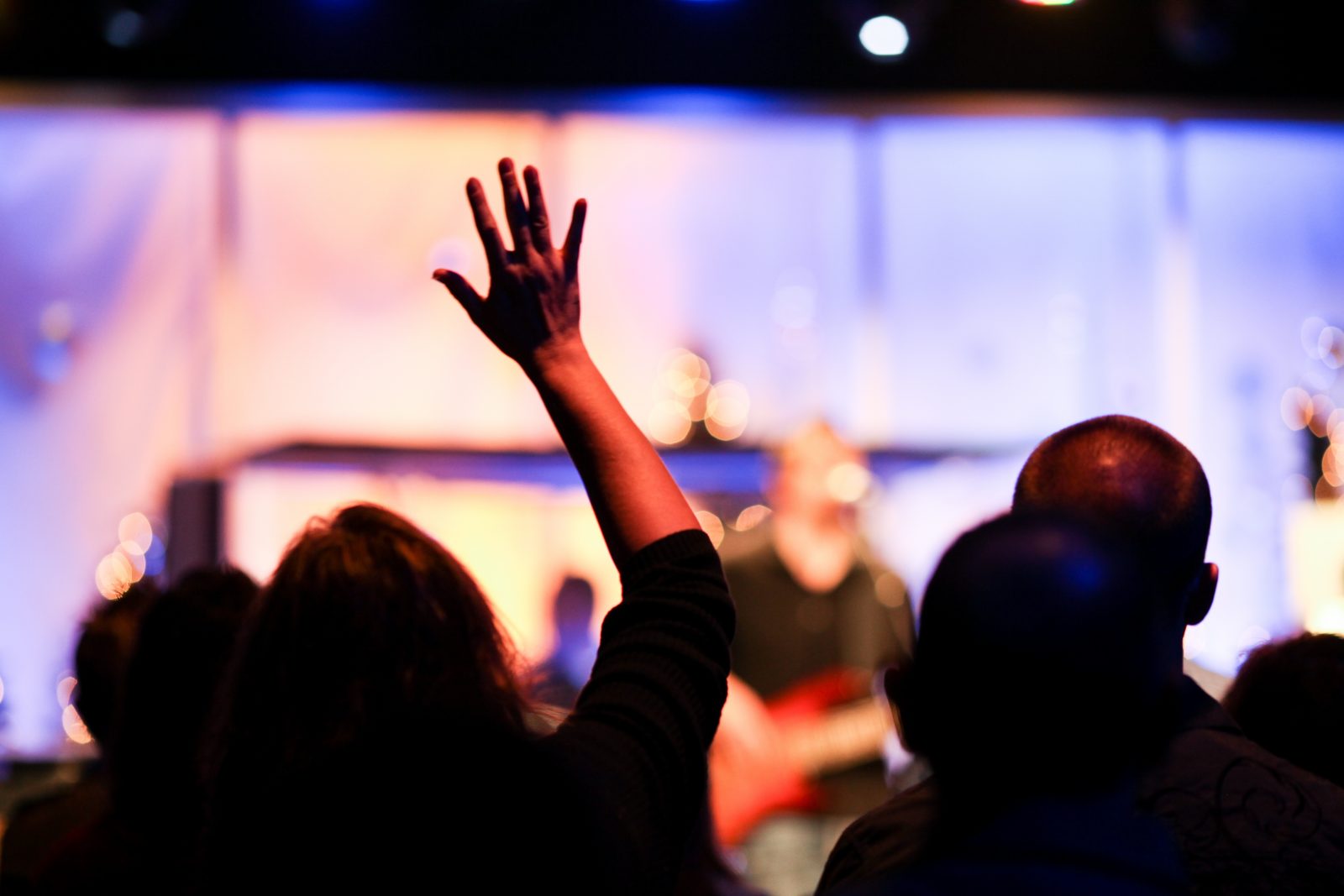I’ll be Frank…I don’t come to Church to actually worship. I come to church to remind me of the need to worship. To learn how to tune up my worship engine…or find the strength and support to begin a spiritual overhaul. I come to church to learn how my faith can be stronger…to challenge unproductive beliefs…and reinforce the positive ones. I come to Church to be reminded that the sum of all my words, actions, loves, hates, passions, joys, and inactions during the last week was my worship (past tense). I want to come to Church, to worship honestly…to laugh and cry and console and celebrate with regard to that worship…to be accountable and contemplative about that worship. I come to Church be reminded that I have another opportunity to (future tense) worship following the benediction and that I (me, not God) needs me to take advantage of it.
No, I don’t come to Church every Sunday to worship the Divine. I don’t come to Church to avoid hell or get into heaven. I don’t come to Church to learn to love God…I come to learn to love. I come to learn how to change this life, our life, this week, now, for the better. The next life is really not worthy of my thought. The next life is frankly a distraction. I’ll work to “be still” and trust the voice inside inviting me to live in the Divine flow today, for the sake of those with me today, and simply have faith in where that flow takes me tomorrow. Whether that tomorrow is, literally, tomorrow…or an eternity of tomorrows.
There are no stupid questions…at least not on Sunday morning. Because there are no questions on Sunday morning. Right? The preacher always blows your mind, says Amen, literally drops the mic…BOOM! nailed it!! Right? And you always “get it”. Right? Sure…you didn’t exactly follow that part about synoptic eschatological discourse, post-narrative theology, and Sunday school attendance, but you can Google that after a few responsive readings. (You don’t)
Think about it…we willingly sit down for a lecture every Sunday. (Seriously…a lecture. Other than Sunday, name one time you’ve ever willingly sat for a lecture, and you get dressed up for it!) This is a lecture on what we claim to be the most important subject…period. Ever. We are likely in a fairly small setting …We are likely comfortable with the minister and congregation..and we don’t even entertain the idea of a Q&A session following the sermon? We have just heard a lecture encouraging us to follow a human being that is also a God and also somehow part of our selves, a man that has supernatural powers, but was brutally executed by the Romans without so much as a hiccup…a man whose own disciples missed His point more often than not, etc etc (insert any quote from Richard Dawkins) and…. and It doesn’t even cross our minds to ask a question? Ever? Seriously?
Frankly, I’d never considered the lack of Q&A as part of a sermon until recently. I attended a lecture that bordered on being a sermon, which concluded with the speaker thanking the audience for their attention and walking off the stage…only to reappear dragging a chair, unfolding it center stage, sitting down, and saying, “OK, we covered a lot of stuff…questions?” What followed was incredibly enlightening…for me and likely for the speaker.
I can’t help but think that our services would be better if we included a Q&A. And the more I think about it, the more reasons I find to believe a Q&A session would deepen our understanding of the message, the Divine, our congregation, ourselves and the relationship between all of these. Maybe there should be some more hand-raising in the Church, if you get my drift.
(Imagine that I slowly unfold a metal chair, sit down, shrug…and say…) “Ok…questions?”
“Religion seeks to cement the world order….Spirituality seeks to escape it…
For religions, spirituality is a dangerous threat. Religions typically try to rein in the spiritual quests of their followers, and many religions were challenged not by laypeople preoccupied by food, sex and power, but rather by spiritual truth-seekers that wanted more than mere platitudes. Thus the Protestant revolt against the authority of the Catholic Church was ignited not by hedonistic atheists but rather by a devout and ascetic monk, Martin Luther. Luther wanted answers to the existential questions of life and refused to settle for the rites, rituals and deals offered by the Church.”
From the book: Homo Deus: A Brief History of Tomorrow, By Yuval Noah Harari


